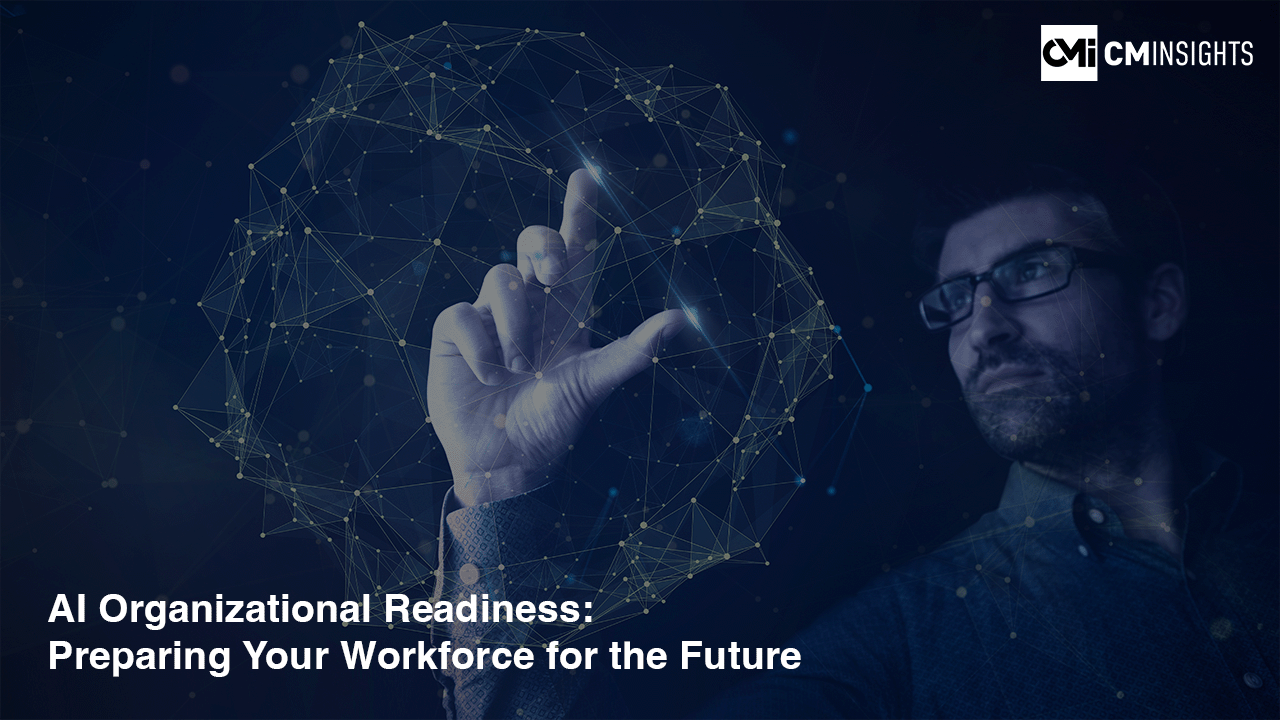In a world where AI dominates headlines and board discussions, it’s easy to assume that most organisations are successfully implementing artificial intelligence at scale. However, a recent global survey highlighted in the Financial Times paints a starkly different picture: while all UK and US companies surveyed are using or planning to use AI, only 14% have managed to scale beyond the pilot stage.
The AI Adoption Paradox
This statistic reveals a significant paradox in AI adoption. There’s nearly universal recognition of AI’s importance—McKinsey estimates increased market fit of up to 50%, product performance improvements of 15-60%, and up to 40% reduction in time to market for companies effectively leveraging AI. Yet, the vast majority of organisations remain stuck in experimental phases, unable to realise these transformative benefits at scale.
As Sean Ammirati, professor of entrepreneurship at Carnegie Mellon University, aptly puts it, we’ve reached a “general technology inflection point” similar to the early internet era. Companies that choose to avoid embracing AI fully may face the same fate as those who once dismissed the internet as a passing trend.
Key Barriers to Successful AI Implementation
The Financial Times article identifies several critical impediments that explain this implementation gap:
- Talent shortage: Particularly amongst UK respondents, the lack of AI-skilled talent emerges as a primary obstacle. Organisations that quickly invest in educating and upskilling their current workforce will gain a significant competitive advantage.
- Poor data management: AI systems function as statistical models that feed on data. Without clean, well-structured data, even the most sophisticated AI tools will struggle to deliver value.
- Misaligned priorities: Many organisations fail to identify the most strategic applications for AI implementation, leading to scattered efforts that fail to demonstrate meaningful business impact.
The “Human + AI” Future of Work
Despite concerns about job displacement, the article emphasises that AI is far from replacing human workers. The optimal approach is what experts describe as “human in the loop AI”—viewing AI as a collaborative partner rather than a replacement.
“The right mental model is to think of generative AI as a co-founder… like a brainstorming buddy, more like someone who automates first drafts than does all the work for you,” explains Ammirati.
Implications for Your Organization
At CMinsights, our AI Organisation Readiness Assessment Framework (AIORA) directly addresses these challenges. We’ve structured our framework around three essential building blocks that align perfectly with overcoming the identified barriers:
- People: Focusing on workforce transformation, change management, and AI literacy development to address the talent gap
- Leadership & Strategy: Ensuring strategic alignment, ethical governance, and leadership readiness to guide appropriate AI prioritisation
- Organisation: Developing the necessary structural flexibility, cross-functional collaboration, and adaptive systems to support AI integration
The Path Forward
For organisations looking to join the elite 14% successfully scaling AI, the message is clear: AI implementation is not merely a technical challenge but an organisational transformation requiring a systematic approach to people, leadership, and organisational structures.
The time for piecemeal experimentation has passed. As the FT article concludes, AI adoption “is no longer optional.” Organisations that fail to develop a comprehensive approach to AI readiness risk falling behind more agile competitors who effectively harness AI’s transformative potential.
Ready to assess your organisation’s AI readiness and develop a strategic roadmap for implementation? Our consulting services are designed to help you navigate this complex transition and join the leading organisations successfully scaling AI across their operations. Contact us today to join the leading organisations successfully scaling AI across their operations.
*This blog post was inspired by insights from a Financial Times Tech for Growth Forum report on AI and the R&D Revolution.


